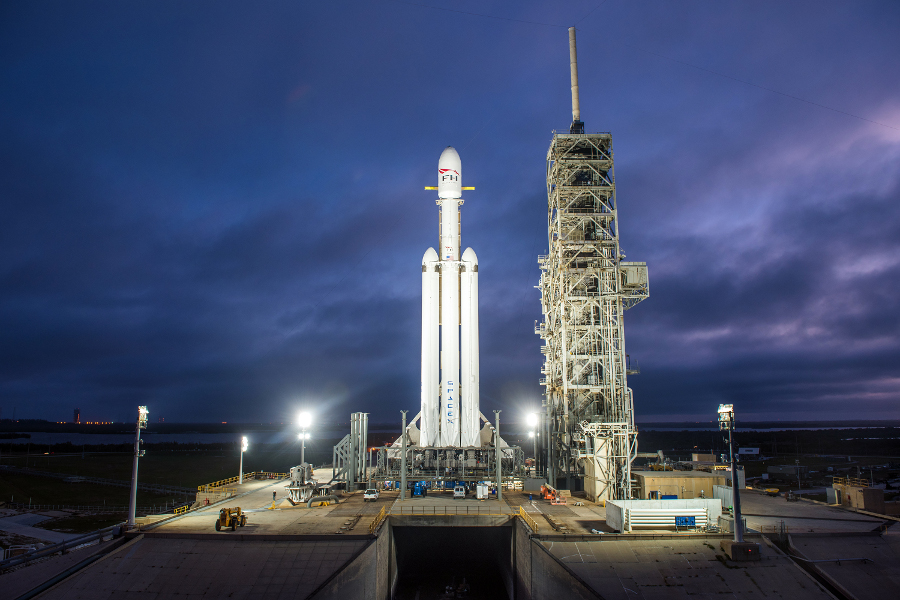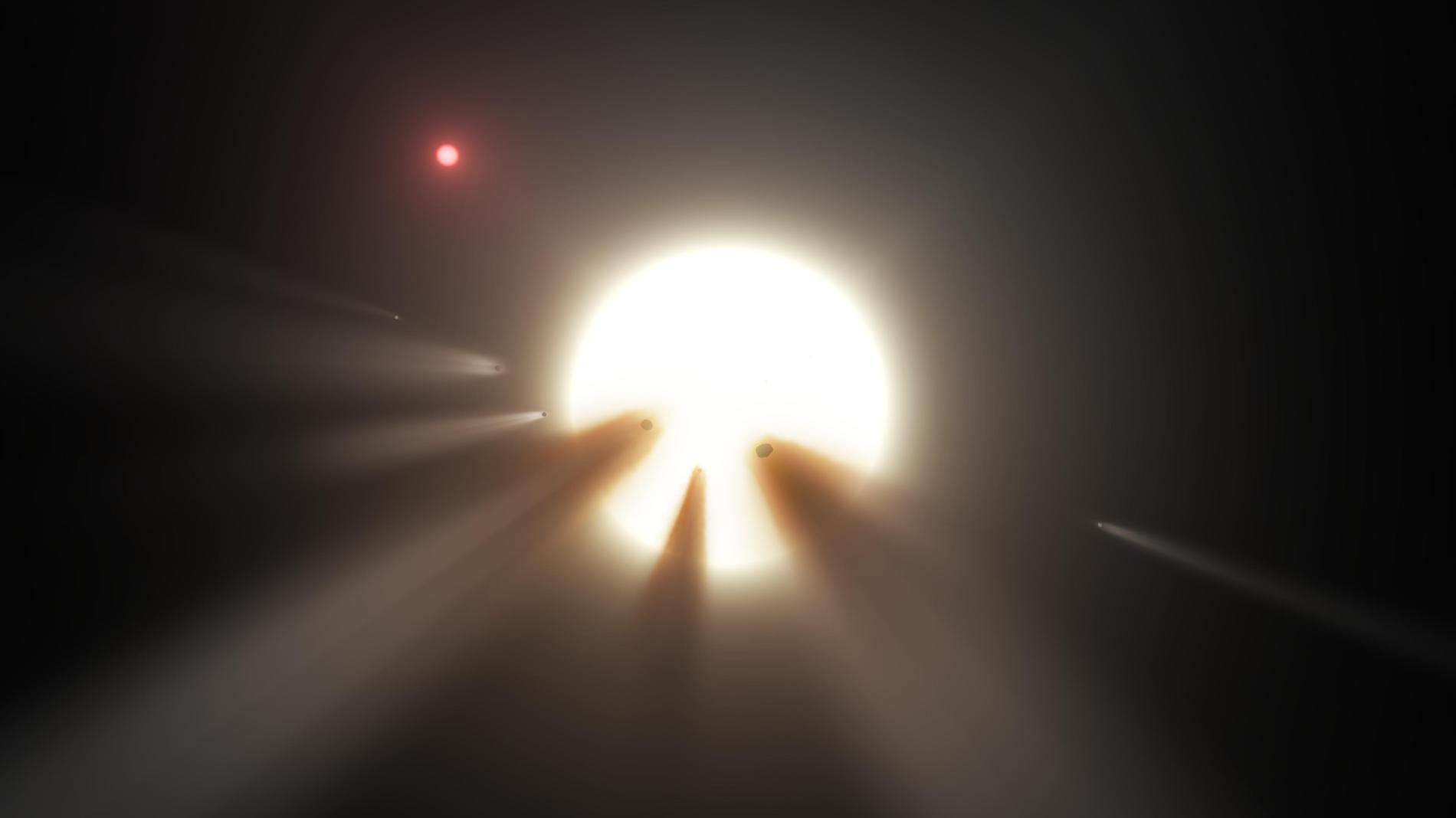Paul Ratner
Contributing Writer
Paul is a writer, filmmaker, and educator. He has written for years for Big Think and other outlets on transformative scientific research, history, and current events. His award-winning films like the true-life adventure "Moses on the Mesa" and the science documentary "The Caveman of Atomic City" have played at film festivals around the world. Paul also organizes numerous unique educational events, renowned film festivals, and competitions for thousands of people. He has degrees from Cornell University (BA) and Chapman University (MFA). You can follow Paul's work at paulratnerimagines.com, on Instagram, and Facebook.
As NFL linemen keep getting bigger, are they also risking their health? Here’s how the offensive lines of the New England Patriots and Philadelphia Eagles stack up.
Researchers find that magic mushrooms can keep people from developing authoritarian views and more connected to nature.
Researchers discover how the brain triggers our attraction to the opposite sex and sexual behavior.
Researchers find that an ancient chunk of North America is now a part of Australia, shedding light on Earth’s first supercontinent Nuna.
Harvard’s theoretical physicist Lisa Randall links the extinction of the dinosaurs to the mysterious “dark matter”.
Science Debate asks 2018 candidates to discuss their views on 10 vital scientific policy issues.
Over a 100 North Korean ships have washed up on Japan’s shores since the start of 2017.
Cosmologists behind braneworld theories see our universe as being a part of a complex inter-dimensional world.
Researchers in Mexico discover the longest underwater cave system in the world that’s full of invaluable artifacts.
Researchers find an unexpected side effect of rising carbon dioxide levels in a remote tropical forest.
Despite his famous successes, Einstein also had some failures.
Do our minds have quantum structures that give rise to consciousness? Sir Roger Penrose, one of the world’s most famous scientists, believes this and can explain how he thinks it works.
New studies support the benefits of the Mediterrean Diet.
A top-secret government airline that flies to locations like Area 51 is put in a spotlight by a recent ad and an unexpected connection to the Las Vegas shooting.
A new study highlights how blockchain technology can be a game-changer in education.
The thick sheets of ice at these eight sites could provide the reservoir of water necessary for human expeditions to Mars.
Twitter clarifies whether it would block any world leaders from its platform.
A theory proposes that the universe is not speeding up in its expansion but that time is actually slowing down.
SpaceX unveils its most powerful rocket.
British doctors publish a study of a woman who cured herself of cancer with the aid of a household spice.
Nissan is developing technology that controls the car by reading the driver’s brain waves.
Scientists find that a drug meant for another illness may significantly help Alzheimer’s patients.
Scientists come up with an explanation for the strange dimming of Tabby’s star and it doesn’t involve aliens.
Studies and Facebook creators are seeing social media in a much more negative light.
Experts assess the strengths and weaknesses of the North Korean military in a potential conflict.
How can we keep our brains in top form? Here are some powerful activities you can do immediately.
Inspired by Newton’s discoveries, the Clockwork Universe Theory was popular among deists.
Researchers use the world’s strongest material to create a film that can harden like a diamond upon impact.
The biologist Trofim Lysenko, blamed for millions of deaths, is experiencing a revival in Russia.
Researchers figure out why we feel like time is speeding up as we grow older.





























